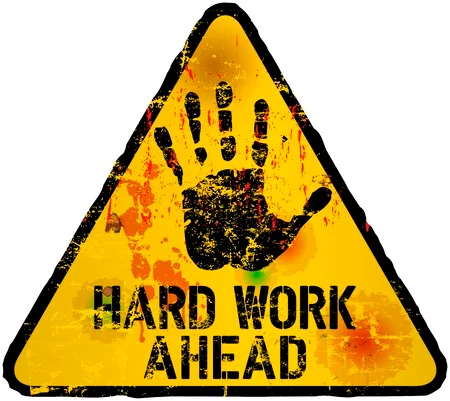Shimbo Pastory
This article was published in The Citizen Newspaper – Tanzania on 28th June, 2022
Young people form a very crucial joint in the chain of development in society. Every society banks its dreams and its unseen future on the energy of its young men and women.
Though in traditional settings there are always rites of passage, rituals of initiation and the like, there is a general social acceptance of young adults as they grow and take upon themselves responsiveness towards societal duties and responsibilities.
Today, it is not a novel creation of the mind to say the wider global society is unanimously going through a serious transition, in both the concept of adulthood, its threshold and the communal uptake of what adulthood entails. The moral motivation in this entire process is also being assigned a different interpretation.
Dutiful, diligent, dignified and genuine labour among the members of a society is a thing of pride which reflects in several societal philosophies.
The wisdom and worldviews of numerous societies cannot be explored fully without a mention of integrity and dignity in labour. Labour is among the cornerstones that carry the weight of all that society believes in and cherishes. It is in some societies a gauge scale that affords some deference and others contempt.
Idleness on the other hand is identified with laziness and irresponsibility, and will widely be rejected as a positive cultural identity.
Coexisting opposites
While wrongdoing was furiously spoken against, modern society takes cautioning as a soft dialectic with no outplay of emotions, or it will be taken as an offensive intrusion.
Modernity advocates for just a simple and casual reminder of instructions and the person may choose whether to follow it or not. With the fluidity or rather evanescence of ‘particular culture’ amidst the impulsiveness of the globally evolving ‘general culture’, there are higher chances of the former being set at a compromise.

If two opposites uniquely coexist among young people today, they will be idleness and busyness. Though, this judgement will be fallacious if it is indiscriminately generalized to all young people.
However, with relevant statistics, it is an informed opinion. The two, idleness and busyness tend to define each other, in that: one can be busy ‘idling around’, while on the other hand, another can be ‘idle amidst unproductive busyness.’
Losing particular cultures (positive cultures) is a big plight as these are societies’ incontestable spokespersons. The motivation, admonition, instruction and authority of a culture tend to disappear with its actual disappearance.
Interestingly, in a strong cultural setting, saying “We don’t do that here!” will mean something completely different as compared to when it is said in an urban mixed setting where no particular culture holds sway. Someone can ask, “What do you mean by ‘we’?”
The Panoramic View
In his essay titled “In Praise of Idleness”, Bertrand Russell, a British philosopher, avows that civilization gets in the way of people being frank; hence they become less and less frank, yet more and more sentimental.
Matters are not stated the way they truly are. ‘Idle busyness’ as we can call it today steals the functional meaning of the word leisure. Russell presses a counsel that “the wise use of leisure is a product of civilization and education.”
Education in this case goes beyond the regular education given at school; it is an awareness to help the individual come out of themselves, and even amidst the provisions of civilization, invest the freedom deep within them in the good cause. This education is discipline, which should necessarily permeate all that one does.
When idleness is normalized it metamorphoses into a habit, and later into a behaviour, a custom, a tradition, a culture, and finally an identity that will be inseparable from the people who bear it.
While these are serious social impacts, idleness has even more severe impacts on individuals’ physical and psychological and relational health and well-being.
In 2016, researchers Victoria Freitag and Emma Newman, both of George Fox University conducted a US-set study on teenage idleness in the digital age.
In their findings, what they call situational privileges, such as household types, income, and average educational attainment have statistically and economically significant influence on teenage idleness.
Reality on Ground
Research suggests that young people with fewer privileges tend to be more prone to idleness than those with many privileges. There are higher chances of losing interest in the mainstream provision of careers if young people do not see the light at the end of the tunnel.
In a country like Tanzania, where many young people grow up hoping to be employed by the government, there are proximate possibilities of disappointing their dreams and discouraging them not to entertain anything to do with the system that promises but never fulfils its promises.
Fingers may be pointed at young people for being idle while the actual fault is not theirs. Yet, it is time for the young to quit idleness and make days count through meaningful engagements.
